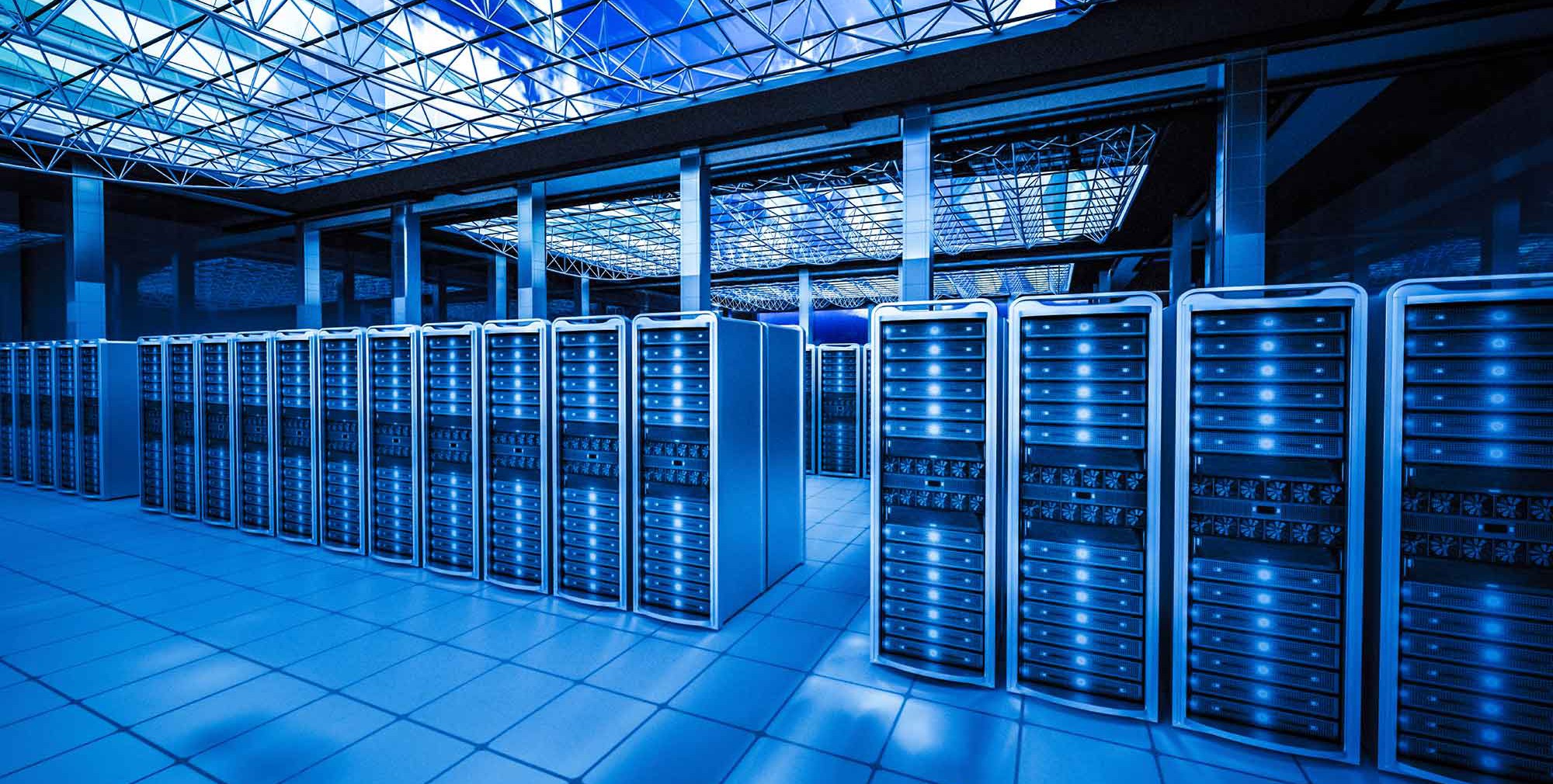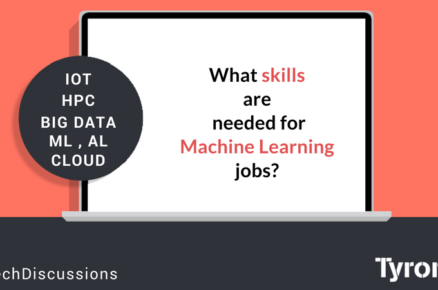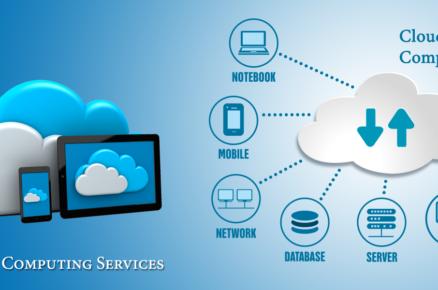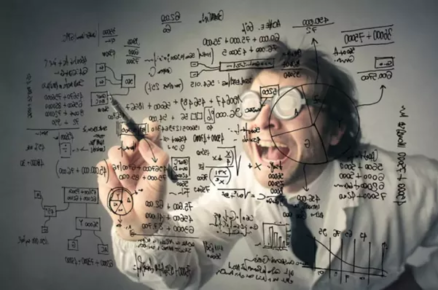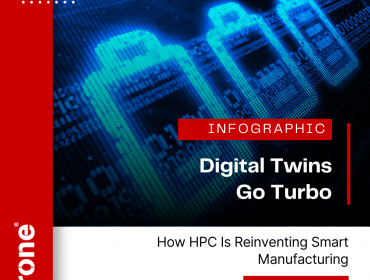Big Data is a relative term. 30 years ago 5G was a huge amount of storage and managing a database with a few million records required the biggest and best computer equipment available. The concept of Big Data will morph into objective-specific categories available to all businesses.
The ability to process much larger volumes of information enables the identification, and increased certainty, of trends, exceptions and other facts. In some cases, real-time processing makes a difference; computer trading, fraud detection and point of sale transactions to name a few.
In fact, the recent large advances in speech recognition are a result of having access to sufficiently large corpora. The software now has a much higher likelihood of finding the matches for usage, semantics and pronunciation needed to understand a speaker.
There are many applications of Big Data that only require “near-time” processing. This more relaxed approach is for businesses that don’t have the ability to react immediately, but where changing volumes of things created or shipped can save expenses. The results can indicate the need for adjusting plans for the following day or week.
Identifying temporal behavior patterns and market shifts are also valuable. The Big Data applications for this category only need “in-time” processing.
The migration of nearly all aspects of business moving onto the internet opens the door to analyzing the data captured to find business advantage. The patterns embedded in the words in tweets and connection of types of individuals to behavior patterns hold answers to reducing cost, improving service and reacting to situations of opportunity.


